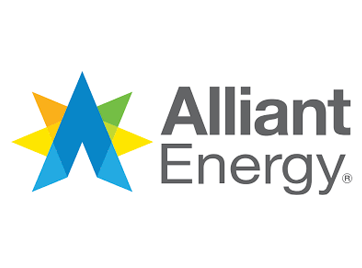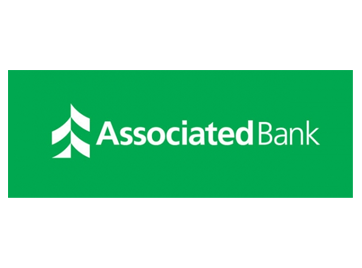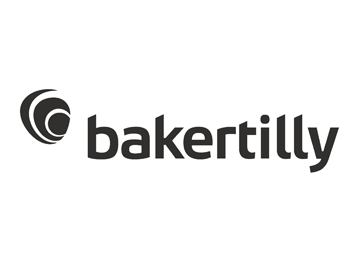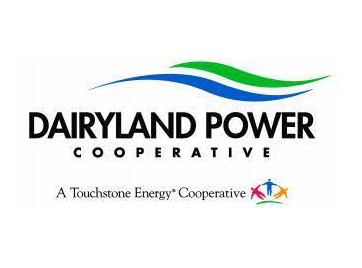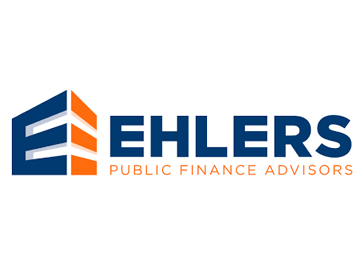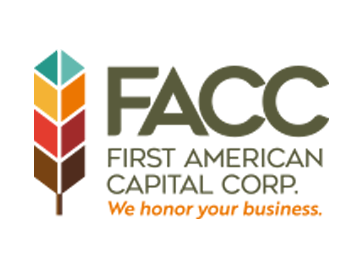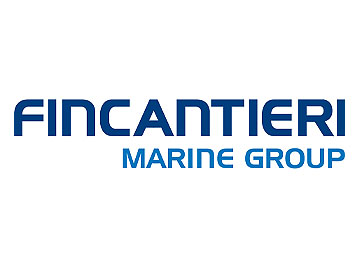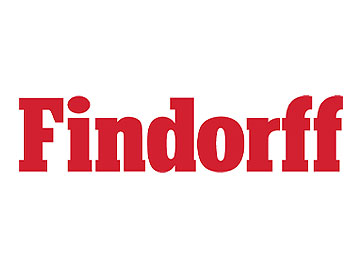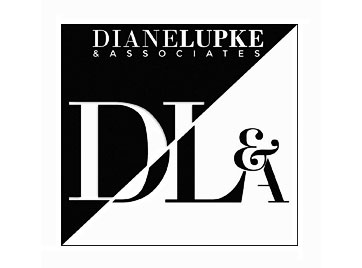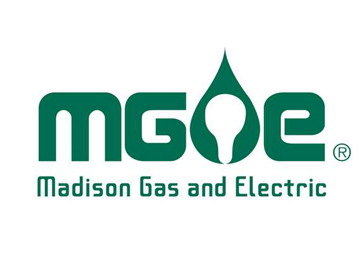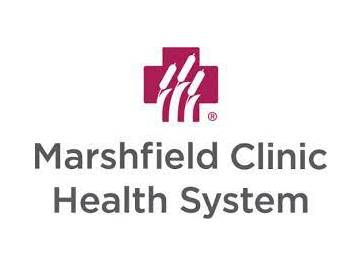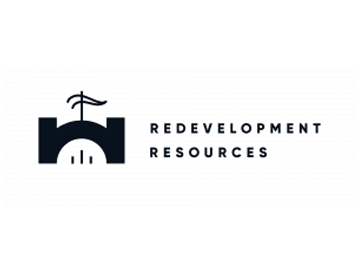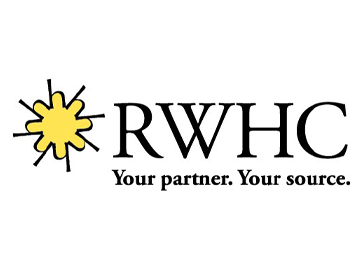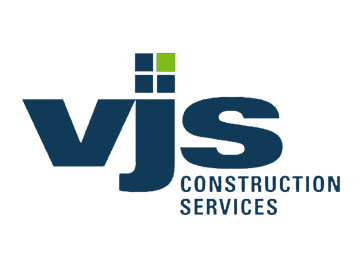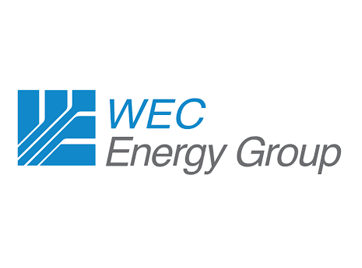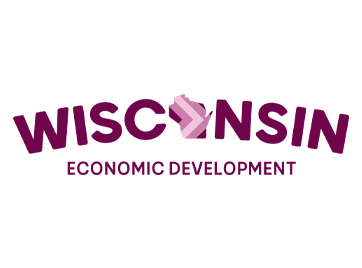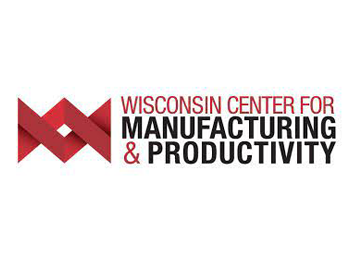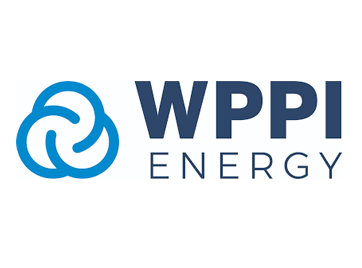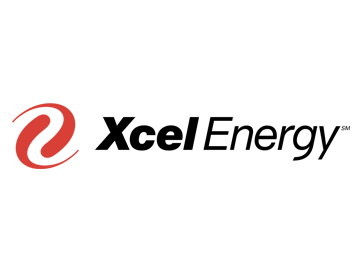2023 WEDA Annual Report – Legislative Review
From year to year, legislative advocacy remains one of the most important services the Wisconsin Economic Development Association (WEDA) provides to its members. 2023 was no exception, as WEDA continued to be the “lone voice” in the State Capitol focused exclusively on policies and programs to expand Wisconsin’s economic development toolbox.
Not only does WEDA’s legislative advocacy program raise our political profile and increase our influence under the capitol dome, but the WEDA government affairs team also enhances the excellent work being done by our members across the state by tackling challenges on the legislative and regulatory front.
Heading into the 2023-24 legislative session, WEDA remained committed to advancing pro-growth policies to encourage private investment, increase business productivity, and foster economic prosperity. Throughout 2023, WEDA’s specific legislative goals focused almost entirely on proposals to strengthen the state’s workforce, including talent attraction; workforce housing; childcare access, and economic development incentives.
WEDA 2023 Legislative Highlights:
Talent Attraction Initiative – WEDA was successful in including a key talent attraction initiative in the state budget bill, as approved by the Legislature, that directed WEDC to expend at least $4 million during the 2023-25 biennium on talent attraction and retention initiatives. More specifically, the program would have directed at least $2 million of this funding on efforts to attract and retain veterans and active-duty personnel transitioning out of military to Wisconsin’s workforce. Unfortunately, Governor Tony Evers vetoed the measure because he opposed its funding source and administrative mechanism.
State Budget Bill – WEDA actively worked on the following economic development-related initiatives that were included in the two-year, nearly $100 billion state budget bill signed into law in July 2023:
- Creation of a sales tax exemption for equipment or software used by eligible data centers for the processing, storage, retrieval, or communication of data. The initiative will provide the state with the ability to compete for hyperscale date center projects.
- Complete repeal of Wisconsin’s personal property tax on businesses.
- Provided an additional $7 million in funding for local youth apprenticeship grants.
- Provided an additional $3 million in funding for career and technical education (CTE) incentive grant payments to school districts.
Workforce Housing Programs – WEDA worked with several key stakeholders on a sweeping workforce housing legislative package approved by lawmakers and the governor that provides $525 million to fund the following workforce housing revolving loan fund (RLF) programs that aim expand access to affordable housing for working families:
- A residential housing infrastructure RLF program to help cover the costs of installing, replacing, upgrading, or improving public infrastructure related to workforce housing or senior housing.
- A main street housing rehabilitation RLF program to help cover the costs of improvements to or restoration of workforce housing rental units on the second or third floors of an existing building with commercial space on the ground level.
- A commercial-to-residential conversation RLF program to help cover the costs of converting vacant commercial buildings to workforce housing or senior housing.
Business Childcare Tax Credit – WEDA is pursuing legislation (AB 660 / SB 623) currently moving through the Legislature that would create a tax credit to incentivize employers to provide childcare benefits for their employees. Ultimately, it will help address the lack of access to childcare in Wisconsin, which is an obstacle to strengthening the state’s workforce. The proposal as introduced would provide businesses with a refundable tax credit that would be equal to:
- The amount of capital expenditure made to establish an employee childcare program, not to exceed $100,000 per tax year.
- The amount of expenses incurred in operating an employee childcare program or proving direct payments to a childcare program for an employee’s child, not to exceed $3,000 per participating employee.
The bill, which was approved by a key Assembly committee and remains under consideration by lawmakers, would forge an effective public-private partnership to help knock down a key barrier to employment, strengthening workforce participation and increasing employee productivity.
Business Development Tax Credit Bill Modernization – WEDA is currently working on legislation (AB 627 / SB 585) that would align the state’s Business Development Tax Credit (BTC) with today’s economic realities, making it a more flexible, competitive, and effective business attraction and retention tool. More specifically, the bill would change the BTC from a job creation-focused program to a capital expenditure-focused program. The proposal as introduced would make the following changed to the BTC program:
- Modify tax credit eligibility to emphasize capital expenditures and job retention rather than job creation.
- Increase the amount of the tax credit for capital expenditure.
- Provide additional tax benefits for businesses that invest in workforce housing and childcare benefits for their employees.
- Require WEDC to approve or deny a tax credit application within 90 days.
The bill was approved by a key Assembly committee, and WEDA is focused on moving it through the legislative process and to the governor’s desk to be signed into law.
For more information on WEDA’s legislative advocacy program and lobbying efforts, please contact Michael Welsh, WEDA V.P. of Legislative Affairs, at mwelsh@weda.org.


